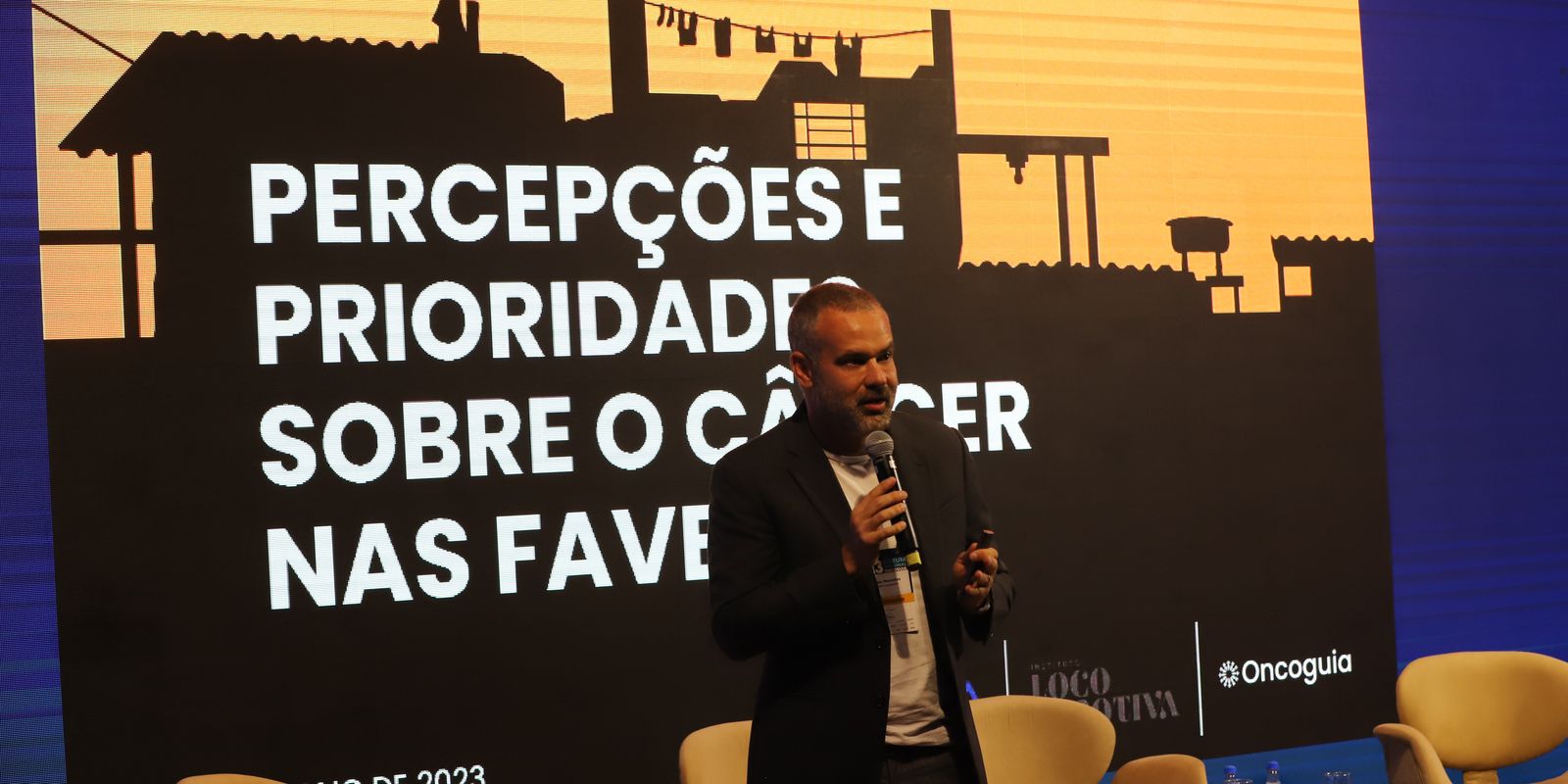Detecting cancer in SUS is a challenge for 70% of slum dwellers
3 min read
The biggest challenges faced by residents of slums across the country in accessing cancer diagnosis and treatment are delays in scheduling tests (82%) and accessing health institutions (69%). Information is part of the research Oncoguide “Perceptions and priorities of cancer in Brazilian slums”implemented by DataFavela and Instituto Locomotiva.
The survey was released this Tuesday (9), in Brasilia. The survey listened to 2,963 people, mostly black, in categories D and E, from all regions of the country, between January 18 and February 1 of this year. The majority of the audience being listened to relied exclusively on SUS (82%).
Of those interviewed, 70% said they try to take care of their health, but report that they never find a doctor at the health center and that check-ups take a long time. The survey revealed, for example, that 45% of slum dwellers find it difficult to get to a basic health unit (UBS), taking an average of one hour on the journey.
In another extension, 41% of respondents answered that they don’t usually get tested or only do them when they are sick. This rate drops to 34% among people 46 years of age or older.
For the founder and president of Instituto Oncoguia, Luciana Holtz, this data shows the inequality of access to healthcare in Brazil, as well as pointing to a lack of transparency in information for the population.
We have been following these problems for a long time, and literally nothing happened. One thing is the queues and we know they are long, but we don’t know how long they are, because what happens takes time. And more than not knowing as a society, there is a patient waiting, knowing that their cancer needs to be treated and that has a huge and complex impact – including the risk of disease progression,” he said.
absence from the state
In the opinion of Data Favela founder Renato Meireles, the study shows the consequences of the state’s abandonment of these communities.
“A favela is not a place to be. If it were a country, it would be the third largest in Brazil. There are over 13,500 Brazilian favelas with a population of approximately 18 million. Favelas, he noted, are geographical clusters throughout Brazil made up mostly of black residents.” And brown in that country.”Slums focus on income inequality because the informal market dominates slums, because many people don’t hire slum dwellers just because they live in a favela.”
legends
The survey identified major myths involving cancer among slum dwellers and responses such as: “Only tobacco causes lung cancer” or “Food cooked in a microwave oven causes cancer”.
In societies, 11% cannot say whether cancer is contagious and 19% believe that cancer is “divine punishment”. Another 31% believe that black people do not get skin cancer.
“A lot of times people don’t want to receive information. It’s that story: If I don’t look, it doesn’t exist,” Meirelles said.
In all, the survey showed that 63% of ears had a negative association with cancer. On the other hand, 22% have optimistic associations. The survey indicates that “the first word that comes to mind when they hear the word cancer is: death, followed by negative feelings, suffering, pain and sadness.”
For 84% of slum dwellers, there are cases of cancer in their social circle. “The experience these people had with those who received the diagnosis was very negative. Of those who responded, 66% reported having relatives who had died of cancer and 44% of friends who had died of this type of disease,” confirmed the founder of Datafavela. .
Lack of information
Seven out of 10 slum dwellers believe they have less access to information on disease prevention and early diagnosis. For 68% of respondents, prevention is important, but they do not have access to appropriate health facilities.
“Education is essential for prevention, but without a diagnosis, it does not solve the problem. Education without sanitary equipment is not a solution,” Meirelles stressed.
The main obstacle to early diagnosis is the difficulty in scheduling tests in the public network (40%), with a further 25% citing misinformation as the biggest problem.

“Entrepreneur. Music enthusiast. Lifelong communicator. General coffee aficionado. Internet scholar.”

:strip_icc()/s04.video.glbimg.com/x720/11792055.jpg)

:strip_icc()/s03.video.glbimg.com/x720/11786998.jpg)



